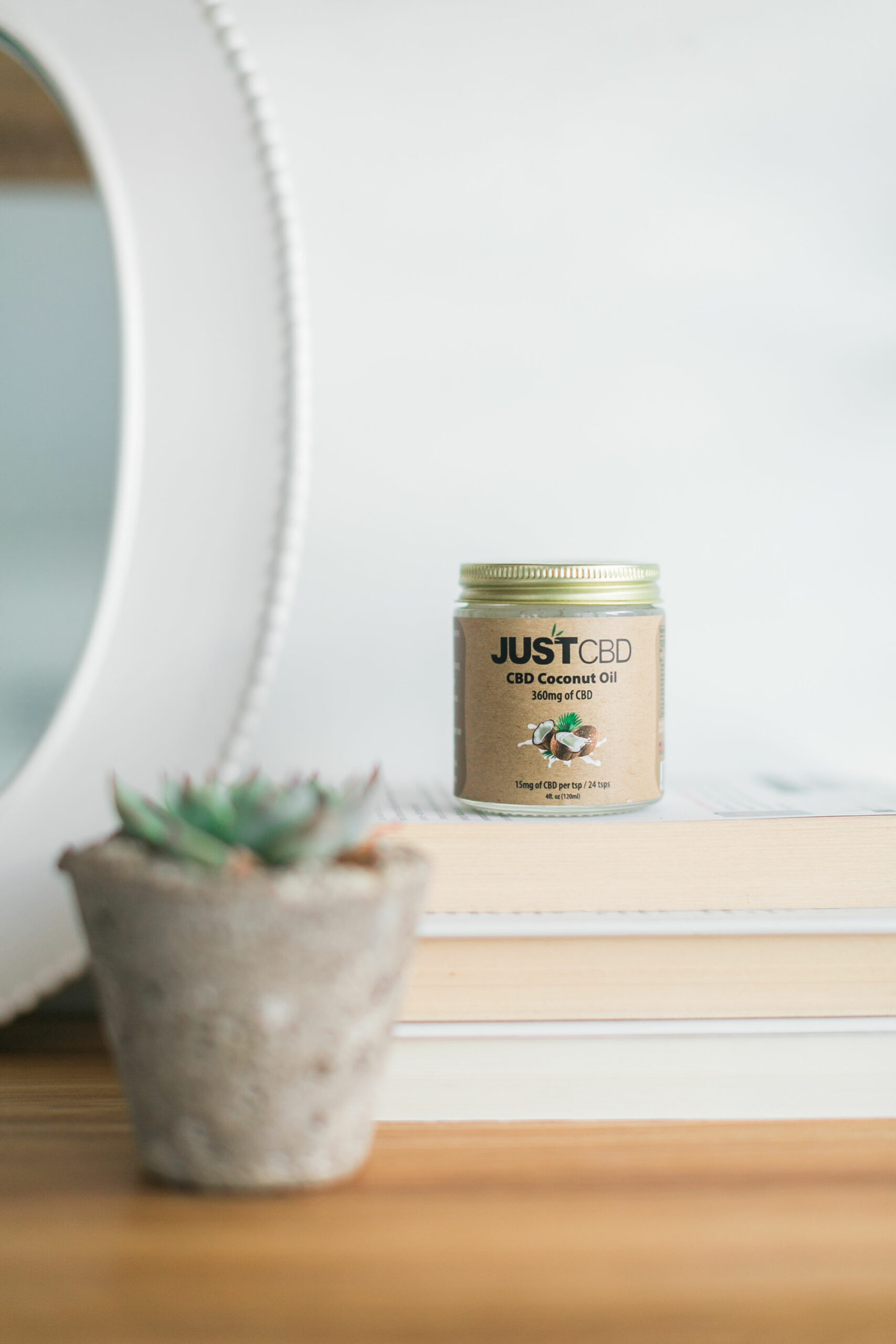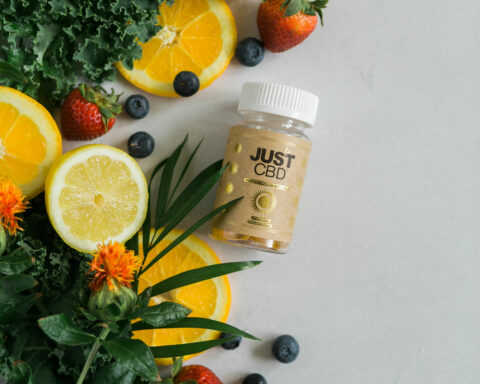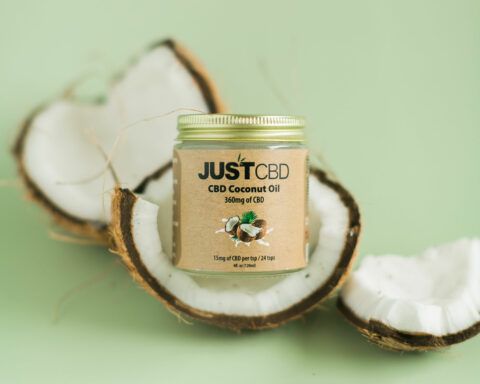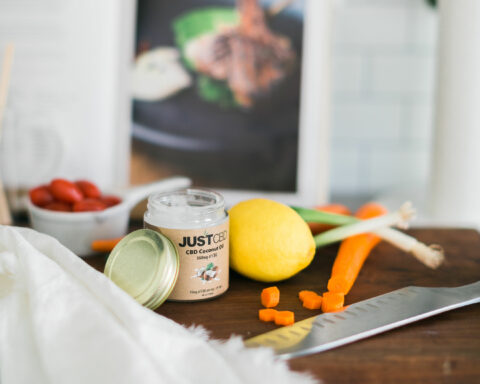The answer to this question lies in the description and exploration of this substance. CBD (cannabidiol) is a natural extract derived from the parent plant Cannabis, more widely known as marijuana. It is most often regarded as an illegal substance worldwide, seemingly gripping youths and commonly attuned to being a gateway drug. It is presently and highly debated on the precipice of its legality and has been since as early as 1906, when the United States first ventured into federal regulation of the product. The gateway drug, whose passage was restricted by the Pure Food and Drug Act (FDA), was now under suspicious speculation. Until then, it was freely accessible in liquid form and refined hashish.
As natural beings, we adorn and adore natural products for the most part. Cannabis bore its benefits like a bride decorated in gleaming jewelry and flaunted its major properties. By extracting CBD, one of 85 chemical substances in cannabis referred to as cannabinoids, the chemical properties proved to be beneficial in several soothing ailments. All without the intoxicating ‘high’ eradicated the fear of consuming a substance that will significantly alter any state of mind.
CBD Laws in Arizona
Due to the extraction process, CBD is isolated from THC, another cannabinoid found in marijuana, which is the root cause of the intoxication that comes with consumption. It’s impossible to get ‘high’ on CBD or through ingesting any CBD-related products. In fact, CBD is supported as a legal dietary supplement and whose ingestion is safe in any amount or concentration. More so, full-spectrum CBD products that include minimal traces of THC (below 0.3%) are still incapable of producing any kind of intoxication.
According to the National Library of Medicine (a branch of the National Institute of Health (NIH) in the U.S Department of Health and Human Services), CBD is inherent of anti-inflammatory, antipsychotic, anticonvulsive, sedative, neuroprotective, and hypnotic properties. CBD products derive several components of wellness and, as ongoing research shows, have remained true to their word. It is mostly consumed in the form of CBD oil though it can be purchased in tinctures, topical creams, lotions, edibles (such as in drinks, teas, snack items, etc.), and in the form of vapor. However, vapor inhalation incurs lung damage. Thus, sublingual extracts placed under the tongue are an option to ingest the vapor more safely.
CBD can be beneficial for pain relief. The European Journal of Pain published a study in 2016 that highlighted the effects of using CBD to reduce inflammation and signs of pain in arthritis patients. The substance is also highly effective for neuropsychiatric disorders such as anxiety, Obsessive-compulsive disorder (OCD), post-traumatic stress disorder (PTSD), Generalized anxiety disorder, and seasonal affective disorder. Numerous studies have supported this widely, one being a 2015 study published by the Journal of the American Society for Experimental Neurotherapeutics.
CBD products are most widely accentuated for their use in serving neurological disorders such as epilepsy. It has been known to reduce the effect of seizures. In 2018, the FDA approved Epidiolex, an effective product in treating seizures in two forms of epilepsy, namely Lennox – Gaustaut syndrome and Dravet syndrome. Moreover, it has improved heart condition by lowering high blood pressure. A study published in 2017 by JCI Insight stated that the substance’s anxiety-reducing and analgesic properties aid in lowering blood pressure.
In the case that one doesn’t need to consume CBD for any of the above reasons, a study done in 2014 by the Journal of Clinical Investigation outlines that it can be applied as a topical cream to reduce acne and other skin conditions most likely due to its anti-inflammatory properties. Full of relief properties, CBD makes quite the attractive bid with its illegal but related counterpart, marijuana.
In 2014, Judge Katherine Cooper ruled to legalize the use of cannabis and hemp-infused products after significant evidence in its case for epileptic relief properties in children. So the short answer is yes, CBD in all its forms is legal in Arizona as per Proposition 203.
However, under this proposition, any CBD product with more than 0.3% of THC is banned. That is the limit applied across the board. Federal and Arizona State Laws prohibit the buying and growing of marijuana, making it illegal. Though importing and possessing hemp from outside state lines is not considered a crime regardless of whether it is sold or used for personal gain. It is also not a requirement to obtain or possess a medical marijuana prescription card to purchase CBD products, making it much more accessible to those in need.
Some patients can opt for the preferred prescription especially for doctors wary of prescribing marijuana products for fear of losing their license. Proposition 203 highlights the following criteria to qualify as a medical marijuana patient: Cancer, Crohn’s disease, Hepatitis C, Glaucoma, any chronic condition that produces extreme pain, seizures, acute/persistent muscle spasms, extreme nausea, and any other DHS certified condition.
Licensing Requirements
In order to cultivate, harvest, transport, process, or create a hemp garden center in Arizona, applicants must get a license from the Arizona Department of Agriculture (ADA). Participants must fill out an application, submit a copy of their Level I Fingerprint Clearance Card, and pay the appropriate cost for the required license hence renewed yearly.
Conclusion
Not only is CBD legal in Arizona, it is revered as one of the best markets for CBD oil. With research booming and state support, the substance has spread its relief properties and created newer pathways for its products to benefit its users. Be cautious and to seek a professional opinion before consumption, and keep in mind that moderation is key.









